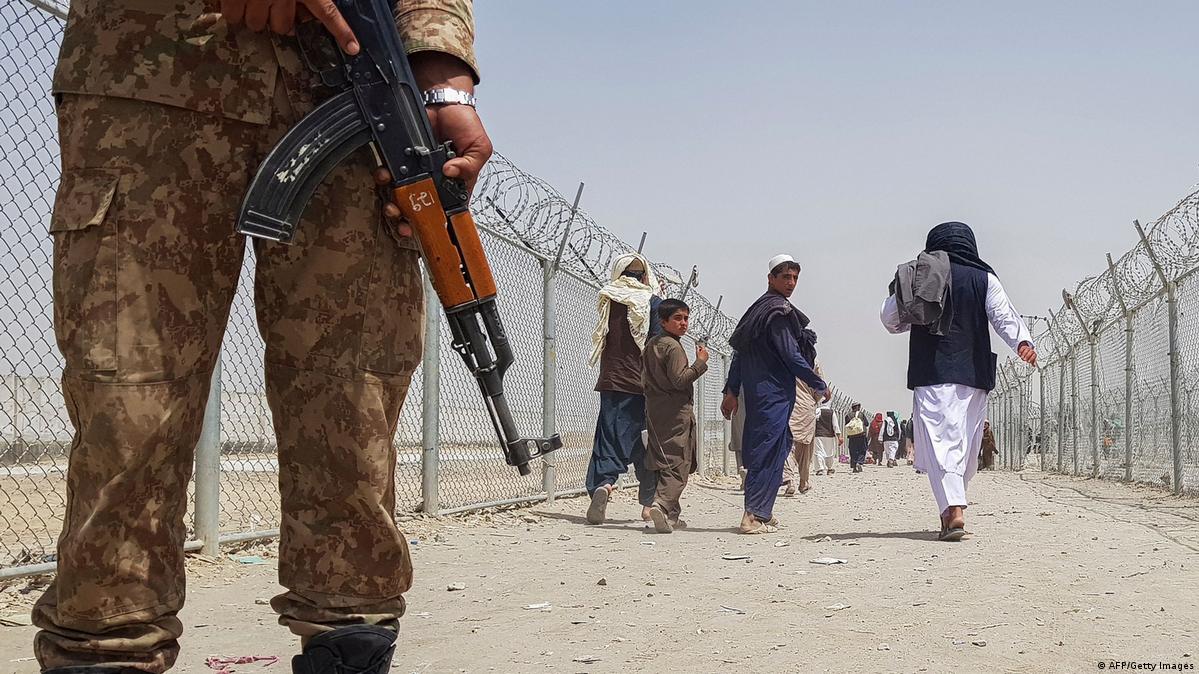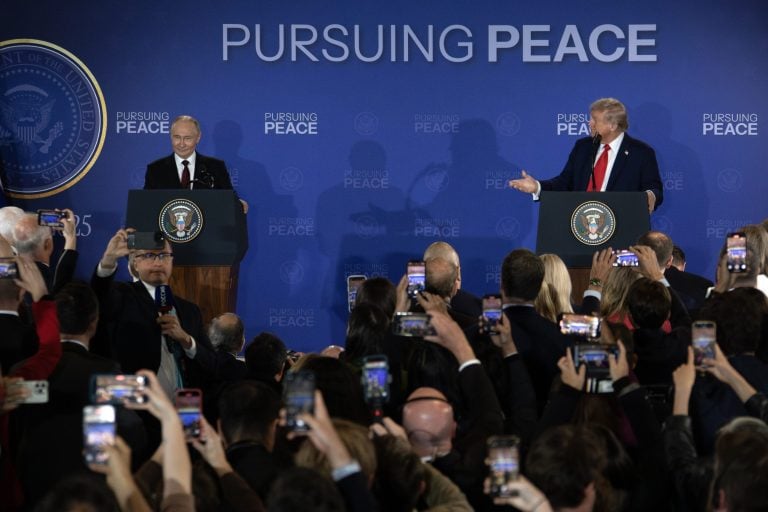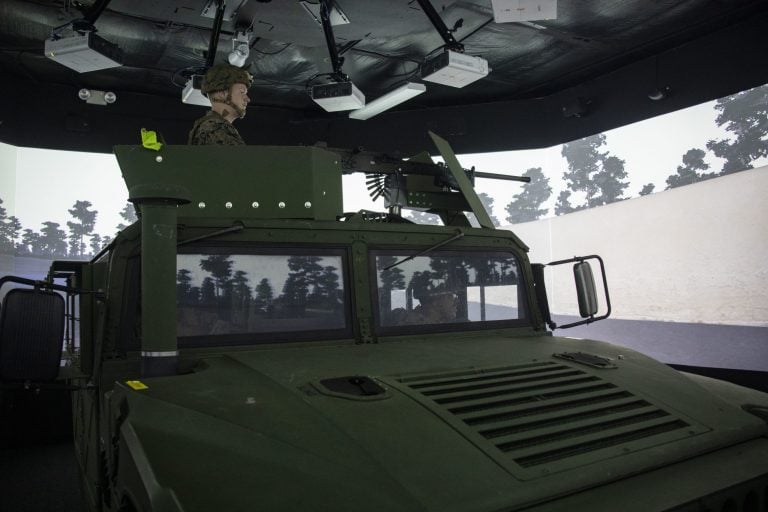Pakistan has reiterated its commitment to dialogue with Afghanistan despite the recent conclusion of peace talks, which ended amid escalating violence and security concerns. The discussions took place in Istanbul, aimed at reinforcing a truce agreed upon in Qatar on October 19, following a series of deadly clashes that resulted in numerous casualties from both sides.
In a statement, Pakistan’s foreign ministry confirmed the official end of the third round of negotiations, marking a notable acknowledgment of the failure to achieve a lasting agreement. The ministry emphasized that while Pakistan seeks to resolve its bilateral issues through dialogue, its primary concern—terrorism originating from Afghanistan—must be addressed as a priority.
The Pakistani government has long accused Kabul of providing safe haven to militant groups, particularly the Tehreek-e-Taliban Pakistan (TTP), which is known for carrying out attacks within Pakistan. In response, the Afghan Taliban have denied allegations of sheltering the TTP.
The discussions came to an abrupt halt, with Pakistan alleging that the Taliban administration failed to take necessary actions on the ground and did not honor commitments made earlier in the negotiation process. This sentiment was echoed by Afghan officials, who described Pakistan’s approach as “irresponsible and uncooperative.” Zabihullah Mujahid, a spokesman for the Taliban government, criticized Pakistan for trying to transfer all security responsibilities to Afghanistan without demonstrating any accountability for its own security situation.
Despite the breakdown in talks, the Afghan government announced that its ceasefire with Pakistan would remain in effect. Both nations have issued warnings about the potential resumption of hostilities, recalling a period last month that saw over 70 fatalities and hundreds of injuries due to cross-border confrontations.
Amidst these tensions, Turkish President Recep Tayyip Erdogan expressed hope that mediation efforts were progressing in a positive direction, stating that senior Turkish officials may visit Islamabad soon to further diplomatic engagement.
The geopolitical landscape complicates the relationship, with Pakistan alleging that Afghanistan is aligning with India, its historical adversary, particularly in light of strengthening ties between Kabul and New Delhi. Meanwhile, Afghanistan asserts the necessity for its territorial sovereignty to be acknowledged, claiming Islamabad supports armed factions against it.
As both countries stand firm in their positions, the path toward peace remains fraught with challenges and misunderstandings, leaving the people on both sides anxious about the implications of unresolved tensions.







